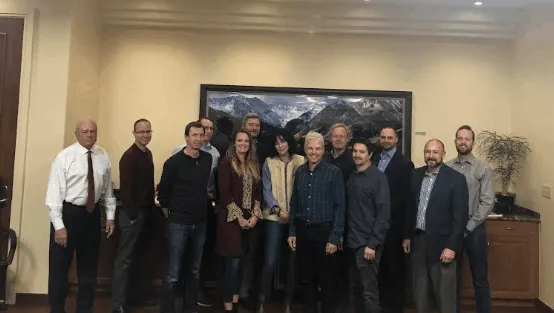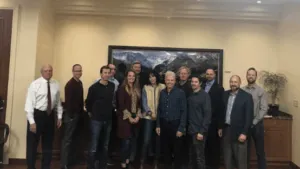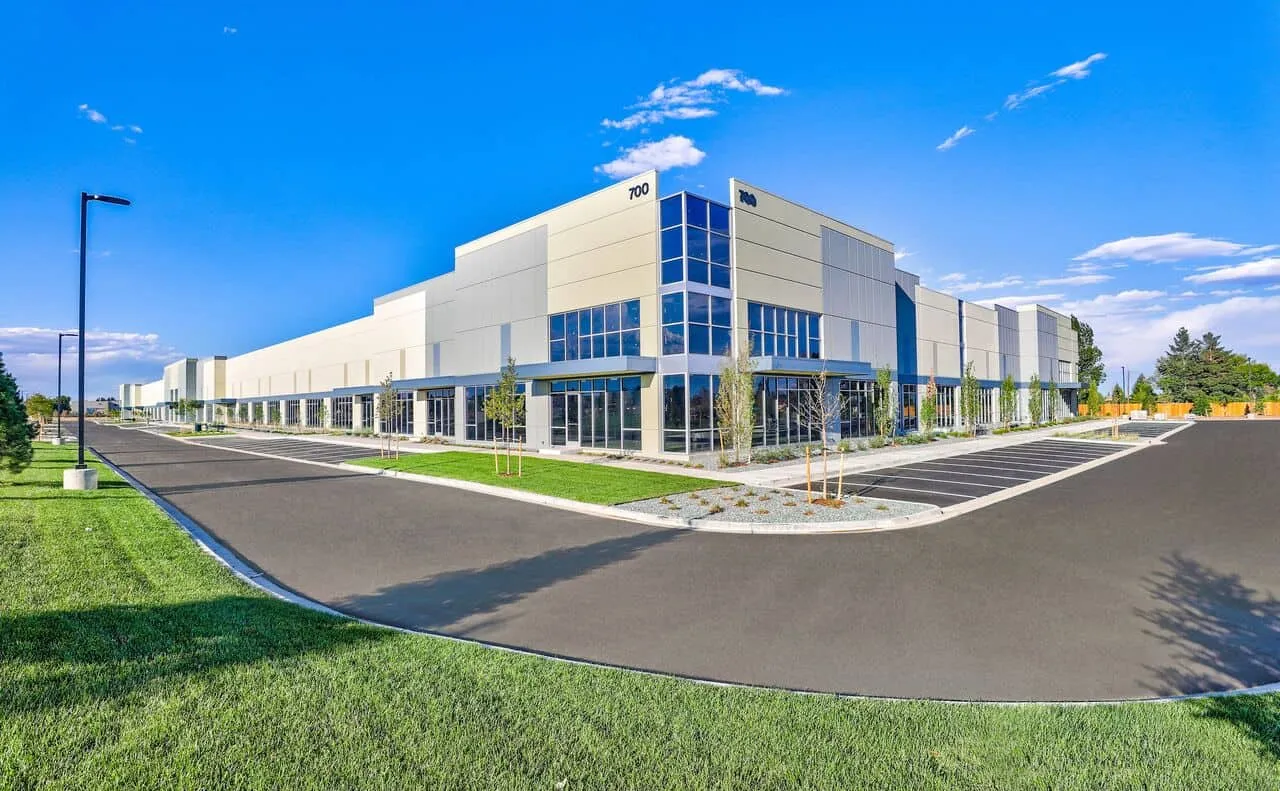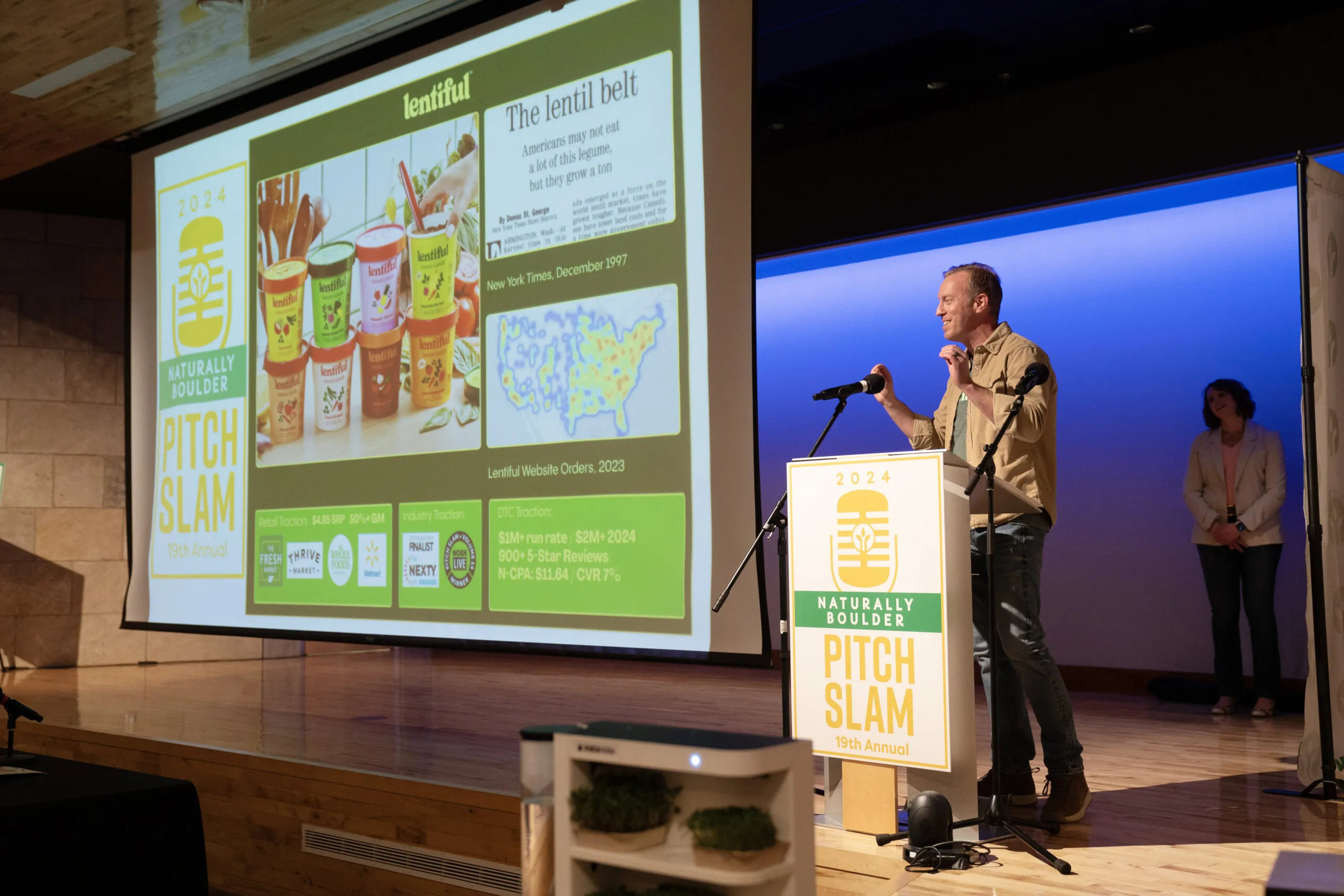Natural, organic product makers adjust to evolving retail, e-commerce environment

BOULDER — How much should I focus on selling my product directly to consumers versus brick and mortar retailers? Should I look at e-commerce giants such as Amazon as sales channels or a marketing opportunity? Boulder is a natural and organic product mecca, but can I afford to set up shop there given the extremely tight labor market and ever-rising rent?
 Executives from the natural and organic product industry gathered Tuesday in Boulder for BizWest’s CEO Roundtable. Those participants included (from left):
Executives from the natural and organic product industry gathered Tuesday in Boulder for BizWest’s CEO Roundtable. Those participants included (from left):George Berg, founding partner, Berg Hill…
THIS ARTICLE IS FOR SUBSCRIBERS ONLY
Continue reading for less than $3 per week!
Get a month of award-winning local business news, trends and insights
Access award-winning content today!
Already have a paid subscription?
Sign in with GoogleSign in with Google





